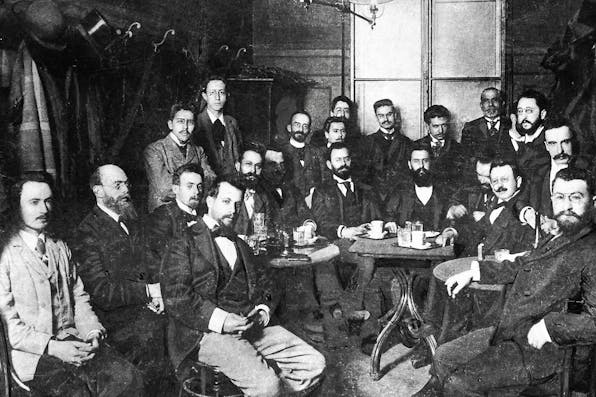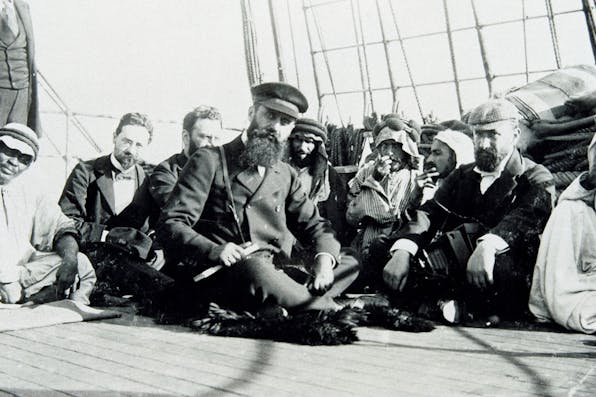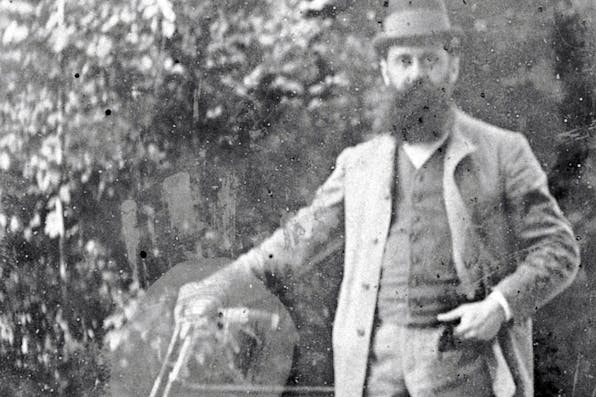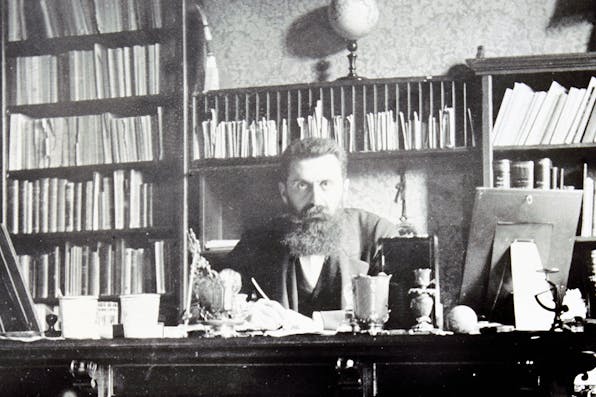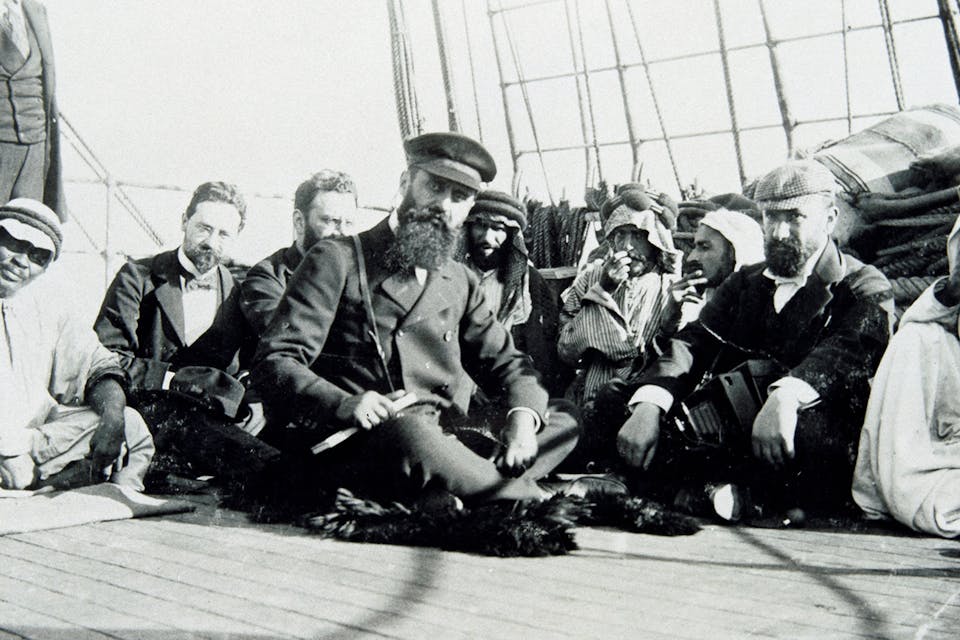
January 18, 2021
Why Herzl Succeeded Where Those Before Him Failed
Three reasons that explain why Theodor Herzl succeeded in igniting an international movement while others, like Leon Pinsker, netted only a small, struggling organization.
In Rick Richman’s insightful essay “The Mystery of Theodor Herzl,” he describes Leon Pinsker’s Auto-Emancipation: An Appeal to His People by a Russian Jew (1882), which argued powerfully for the establishment of a Jewish state. After noting that David Ben-Gurion called it “the classic and most remarkable work of Zionist literature,” Richman explains that it nonetheless failed to arouse support as its author “traveled to Austria and Germany in search of Jewish leaders to support his ideas—and found none at all. . . . Faced with no significant Western reaction to his book, Pinsker concluded dispiritedly in 1884 that it would take the messiah—or ‘a whole legion of prophets’—to arouse the Jews.”
Richman devotes the bulk of his excellent essay to describing, in starkly different terms, Theodor Herzl’s success, beginning with the bold declaration: “Not since Moses led the 40-year Exodus from Egypt did anyone transform Jewish history as fundamentally as Theodor Herzl did in the seven years from the publication in 1896 of his pamphlet The Jewish State to his historic pledge in 1903 on the subject of Jerusalem at the Sixth Zionist Congress.” As Richman argues, Herzl, more than anyone else, is responsible for creating the Jewish state that arose four decades after his death.
Fascinated by Richman’s contrast between these two figures, I want to explore why Herzl succeeded where Pinsker failed. What makes the comparison so interesting is the extraordinary number of similarities between them. Both were proud Jews who became prominent through their success in general rather than Jewish society. Gifted thinkers and excellent writers, they reached similar conclusions about the need to establish a Jewish state in response to surging anti-Semitism; and laid out their views in German in short books aimed at the Jews of Western Europe. Both were dismissed by contemporaries as crazy; rejected by the wealthy and powerful Western Jews whose help they sought; began by favoring a Jewish state in whatever territory was most practical and came to support the Jews’ return to Israel; and headed international movements, Ḥibbat Tsion (Love of Zion) in Pinsker’s case and the World Zionist Organization in Herzl’s.
